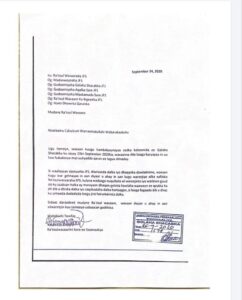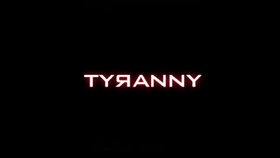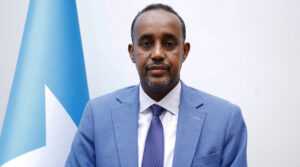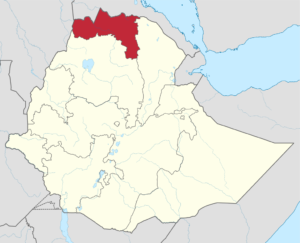MUDANE XASAN KHAYRE XILKA HA KU WAREEJIYO CIDDII UU U HAYAY: SHACABKA SOOMAALIYEED
Haddii ay run tahay warqadda baraha bulshada wareegaysa ee uu RW hore ku codsaday inuu xilka ku wareejiyo RW cusub “si waafaqsan Dastuurka JFS, shuruucda dalka iyo dhaqanka dawladnimo;”
Haddii ay dhab tahay in RW hore loo diiday inuu xilka ku wareejiyo RW Rooble;
Muwaadin Xasan Khayre xilka ha ku wareejiyo ciddii uu markii horeba u hayay: shacabka Soomaaliyeed. Laba dariiq ayuu u mari karaa xil wareejinta:
1) Nuqul qoraal ah ha u gudbiyo Guddoonka Golaha Shacanka, Guddonka Aqalka Sare, iyo Madaxwaynayaasha Dawlad Goboleedyada. Dabeedna warbaahinta haka caddeeyo inuu sidaa sameeyay.
2) Haddii (1) laga hor istaago, waa inuu xil wareejinta ku daabacaa Internetka warbaahintana la wadaagaa, isagoo madoobaynaya ama ka saarayaa macluumaadka xasaasiga ah.
Muwaadin Khaire siduu sheegay wuxuu u sharraxan yahay xilka MADAXWAYNAH JFS. Muwaadiniinta uu doonayo inay doortaan ama ay kalsooni siiyaan waxay uga fadhiyaan inuu la wadaago si buuxda oo hagar la’aan ah dhacdooyin waawayn, xadgudubyo dastuuri ah, go’aamo masiiri ah iyo gabbodfallo dhacay intii uu RW ka ahaa dalka: Tusaale:
1) Garbaduubkii Muwaadin Qalbidhagax.
2) Afgambigii Golaha Shacabka ee Guddoomiya Jawari loo maleegay.
3) Is-Fahamkii Itoobiya lala gaadhay ee ku saabsanaa 4 dakadood oo Itoobiya lagu wareejinayo ama ay maalgalin ku samaynayso, iyo arrimaha la xiriira is-dhexgalka Geeska Afrika.
4) Faragalintii ciidama Itoobiya ay faragaliyeen doorashooyinka dalka.
5) Sababihii keenay xil-ka-qaadistii lagugu sameeyay iyo qaabkii ay u dhacday.
Waxaa kale oo aad shacabka Soomaaliyeed la wadaagi kartaa Waxaad ka ogayd ama aad kala socotay go’aammadii iyo hindise sharciyeedyadii ay gudbisay xukuumaaddi dhacday intii u dhaxaysay maalinkii xilka lagaa qaaday 25 July iyo maalinkii la magaacaabay RW Rooble 16 Sebtember 2020.
Haddaad intaa samayso waxaad gudatay waajib ku saaran waxaadna soo celisay ammaanadii aad u haysay qaranka Soomaaliyeed.
keynanhassan@yahoo.com




